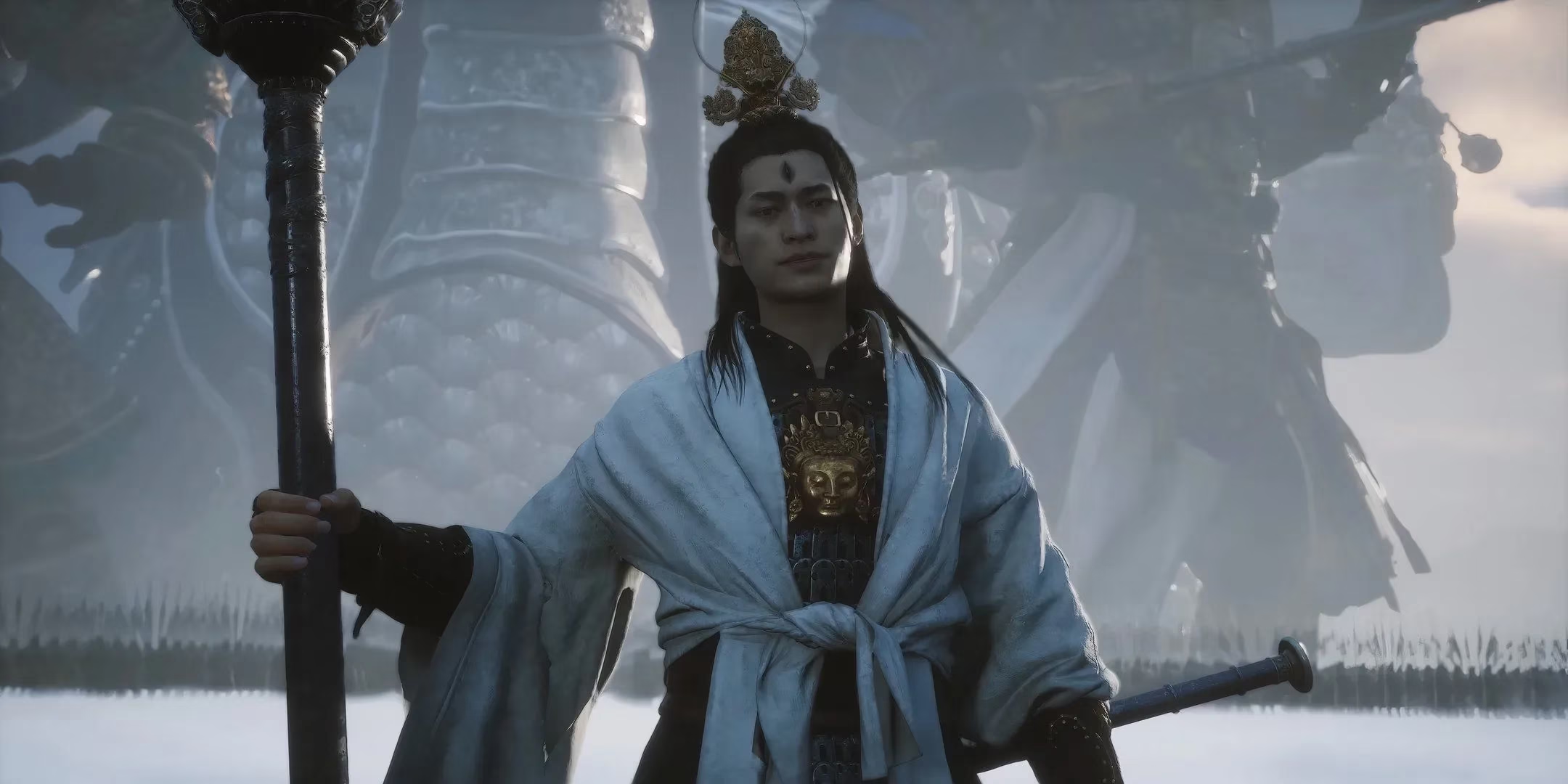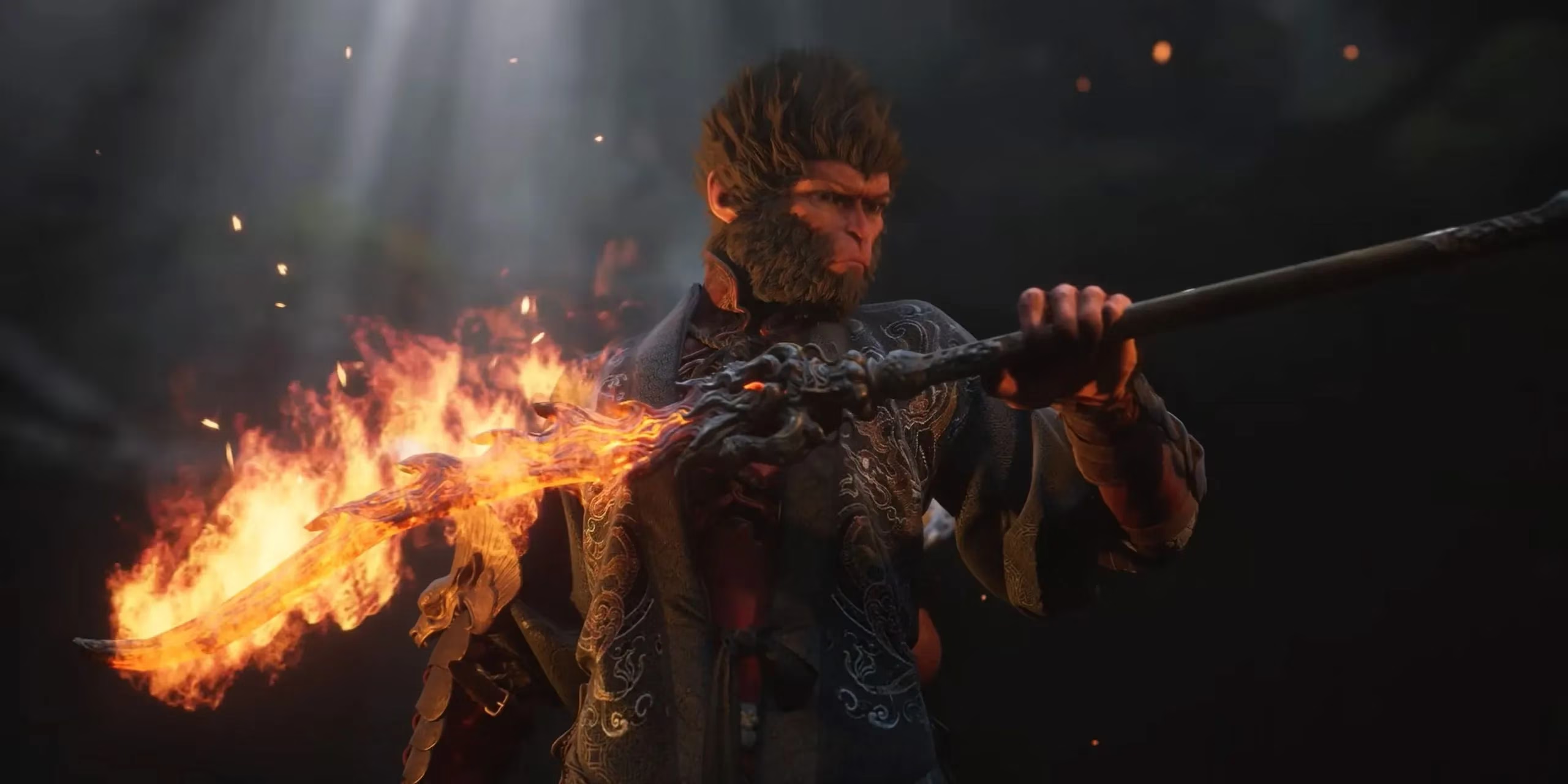When Black Myth: Wukong stormed into the gaming landscape, it shattered records with 2.4 million concurrent players, becoming Steam's seventh most-played title overnight. This soulslike boss-rush adventure, inspired by Journey to the West mythology, captivated millions through its breathtaking combat and cinematic storytelling. Yet beneath its commercial triumph, a storm brewed. As 2024's awards season unfolded, conspicuous absences from prestigious nominee lists like the Golden Joystick Awards ignited fury across social media, revealing deep fractures between players and critics in an increasingly polarized gaming culture.
The Meteoric Ascent and Unexpected Backlash
Game Science's debut title achieved what many established franchises dream of – instant cultural saturation. Within days, Chinese landmarks offered free entry to players who conquered its challenges, while Journey to the West novel sales skyrocketed globally. The game's intricate boss designs became instant legends, particularly Erlang Shen with his 73 distinct attack patterns mirroring his mythological transformations. Yet this adoration curdled into outrage when Polygon's Game of the Year frontrunners and Golden Joystick nominations overlooked Wukong entirely. TikTok flooded with accusations of media corruption, while Reddit threads declared a systemic snub, framing the omission as ideological warfare against the game's "anti-woke" perception.

A Battlefield Beyond the Screen
The controversy exposed how Black Myth: Wukong had been weaponized long before launch. Early reports of streamer guidelines banning "feminist propaganda" mentions cemented its status as a culture war banner. Detractors pointed to developer histories while fans championed sales figures as validation of "true gamer" preferences. This binary ignored crucial context: Wukong's success stemmed partly from tapping China's vast untapped market, while its Steam peaks still trailed behind absurdist clicker Banana. As one commentator noted, "Avengers: Infinity War's box office didn't guarantee Oscars – why should sales dictate GOTY?"
People Also Ask
-
Why wasn't Black Myth: Wukong nominated for major awards despite its popularity?
-
What makes Erlang Shen's boss fight technically remarkable?
-
How did streaming restrictions fuel the game's culture war status?
-
Which 2024 games overshadowed Wukong in critical acclaim?
The Crushing Weight of 2024's Legacy
Amidst the outrage, critics highlighted 2024's unprecedented lineup silencing the "snub" narrative:
| Game Title | Critical Achievement |
|---|---|
| Final Fantasy 7 Rebirth | Revolutionized RPG storytelling |
| Astro Bot | Perfected 3D platforming |
| Metaphor: ReFantazio | Reinvented tactical combat |
| Like a Dragon: Infinite Wealth | Mastered narrative depth |
This titanic roster – including Dragon's Dogma 2, Tekken 8, and Helldivers 2 – created what industry observers called "gaming's most competitive year." Wukong's 82 OpenCritic score, while strong, couldn't eclipse genre-defining masterpieces. Yet for supporters, metrics mattered less than perceived exclusion from elite circles.
The Looming Game Awards Specter
With the industry's biggest night approaching, tensions reached fever pitch. Harassment campaigns targeted journalists who critiqued the game, while forums brimmed with ultimatums: "Nominate Wukong or prove TGA's irrelevance." The game's recent Pagoda Realm nerfs and expansion rumors only intensified scrutiny. Some feared that exclusion would validate persecution complexes, noting how a simple FPS mod letting players gun down Erlang Shen symbolized the community's combative stance. As one developer sighed, "We created a masterpiece, but its discourse became our cage."

Beyond the Rage: Lingering Questions
Amidst award season chaos, core questions about gaming's evolution emerged: Can commercial success and critical recognition coexist in an era of fragmented audiences? Does cultural resonance outweigh technical innovation in defining greatness? And as players globally bond over defeating Kang-Jin Loong or hunting Celestial Jade Lotus Pills, why does awards validation feel so vital? Perhaps the answer lies not in golden statues, but in shared experiences – like the collective gasp when players first parried Zhu Bajie's drunken swings or uncovered the secret ending's profound twist.
Ultimately, Black Myth: Wukong's legacy extends beyond trophies. It proved Chinese mythology could dominate global gaming, inspired a new generation to explore ancient texts, and delivered boss fights (hello, Yellow Wind Sage!) that'll echo for decades. Yet its awards saga reveals an uncomfortable truth: when games become ideological battlegrounds, everybody loses. As we await The Game Awards' verdict, one wonders – can gaming culture heal its fractures before the next cultural flashpoint explodes?